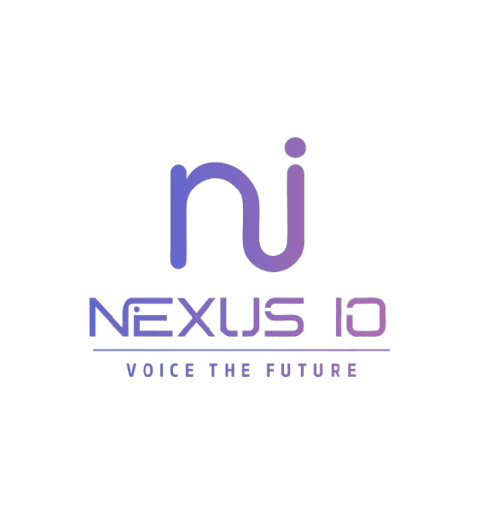Choosing the Right AI Provider: A Comparison of Nexus and IBM Watson
Introduction to AI Providers
As artificial intelligence continues to revolutionize industries, selecting the right AI provider has become crucial for businesses aiming to leverage this technology. Among the leading players in the field are Nexus and IBM Watson, both offering robust AI solutions but with distinct features and capabilities. In this post, we'll explore the key differences and strengths of these two AI giants to help you make an informed decision.

Nexus: A Versatile AI Solution
Nexus is known for its versatility and ease of integration. Designed to cater to a broad range of industries, Nexus provides customizable AI solutions that can be tailored to specific business needs. This adaptability makes it a popular choice for companies looking for a flexible AI platform that can grow with their requirements.
One of Nexus's standout features is its user-friendly interface, which simplifies the process of deploying AI models without requiring extensive technical expertise. Moreover, Nexus offers robust support and training resources, ensuring that businesses can maximize the potential of their AI implementations.
IBM Watson: Pioneering AI Innovation
IBM Watson has long been a frontrunner in AI research and development. Known for its cutting-edge technologies, Watson offers a comprehensive suite of AI services that cater to complex data analytics, natural language processing, and machine learning tasks. This makes it an ideal choice for large enterprises that require advanced AI capabilities.

Watson's strength lies in its ability to handle vast amounts of data and provide actionable insights. Its powerful analytics tools are designed for industries such as finance, healthcare, and retail, where data-driven decision-making is critical. Additionally, IBM Watson emphasizes security and compliance, providing peace of mind for businesses dealing with sensitive data.
Comparing Key Features
When choosing between Nexus and IBM Watson, it's essential to consider the specific features that align with your business needs. Here are some aspects to evaluate:
- Integration: Nexus excels in seamless integration with existing systems, while Watson offers powerful APIs for custom solutions.
- Scalability: Both platforms offer scalable solutions, but Watson is particularly suited for handling large-scale enterprise applications.
- Support and Training: Nexus provides extensive support resources, whereas Watson offers comprehensive documentation and developer tools.
Cost Considerations
The cost of implementing an AI solution is a significant factor for many businesses. Nexus generally offers more affordable pricing tiers, making it accessible for small to medium-sized enterprises. In contrast, IBM Watson's pricing reflects its advanced capabilities and is often more suitable for larger organizations with substantial budgets.

Understanding the total cost of ownership, including implementation, training, and ongoing support, is crucial in determining which provider offers the best value for your investment.
Conclusion
Choosing between Nexus and IBM Watson depends largely on your business's unique needs and resources. Nexus stands out for its flexibility and user-friendliness, while IBM Watson shines with its advanced analytics capabilities and robust security features. By carefully evaluating your specific requirements, you can select the AI provider that will drive innovation and growth in your organization.
Ultimately, both Nexus and IBM Watson offer powerful solutions that can transform how businesses operate in today's digital landscape. Weighing the pros and cons of each will help you harness the full potential of AI technology.
